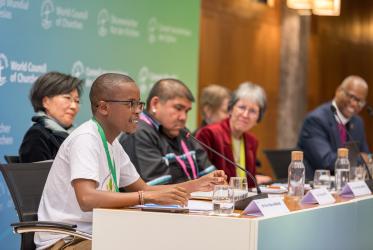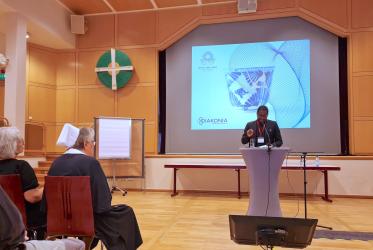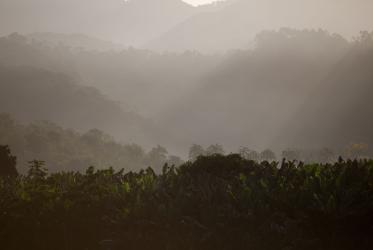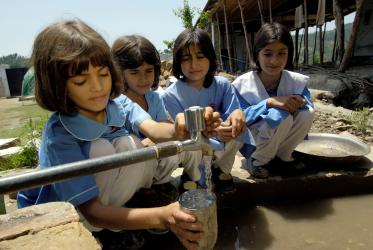Displaying 1 - 20 of 277
WCC submits comments on draft UN “Pact for the Future”
12 February 2024
“Faith Community is a Blue Community” - WCC official side event at the UN Water Conference
22 March 2023
UN Church Center, 777 United Nations Plaza, New York and online via Zoom














